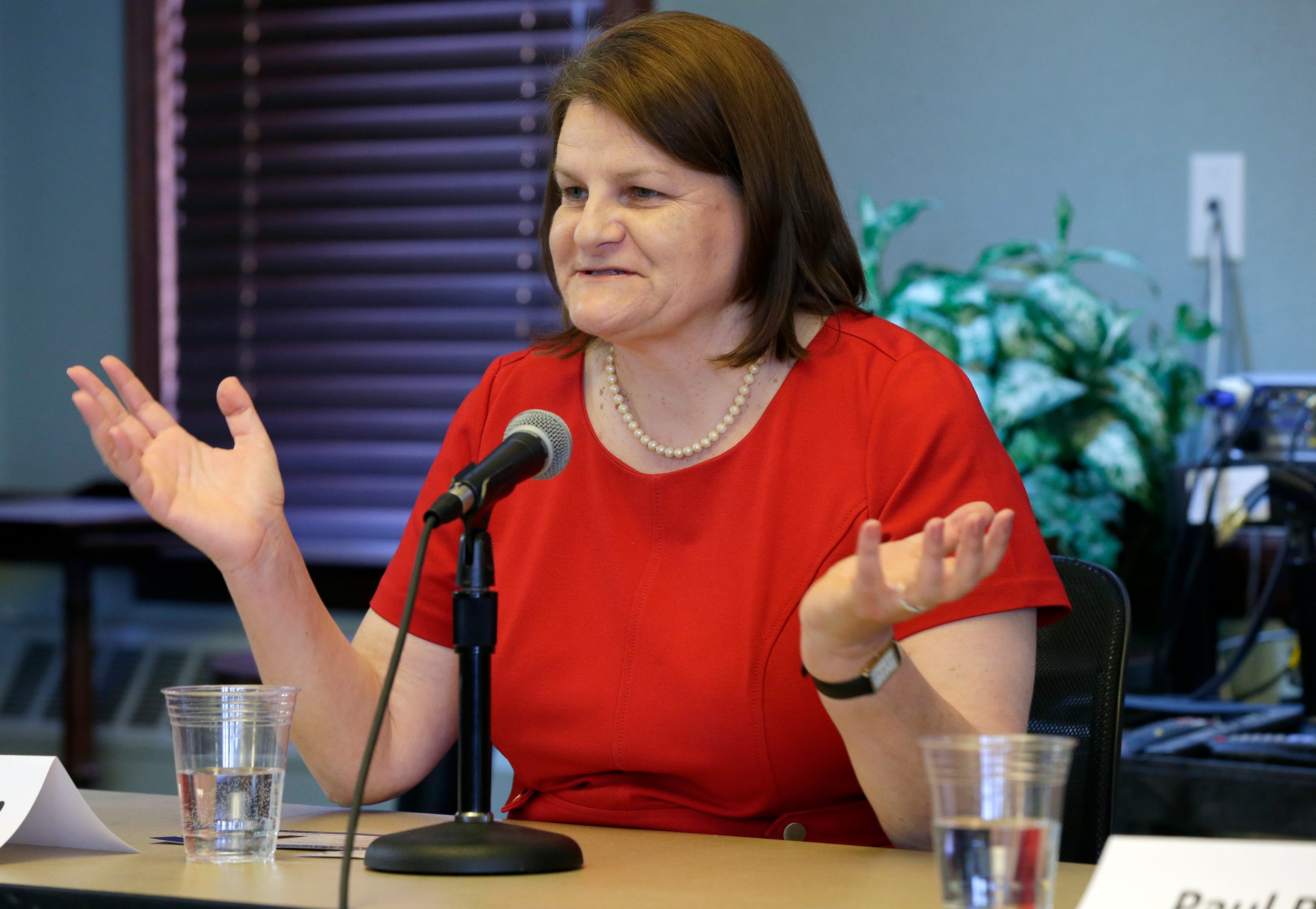Feds Break SUV Window: Shocking Video After Church!
Video Surfaces: Feds Break SUV Window Detaining Man After Church on Mother's Day
Introduction: A Disturbing Scene Unfolds
Imagine leaving church on Mother's Day, a day meant for family and celebration, only to be confronted by federal agents. A new video has surfaced showing what appears to be ICE agents breaking the window of an SUV and forcefully detaining a man in Chelsea, Massachusetts. The incident, which took place as the man and his family were leaving church, has sparked outrage and raised serious questions about the tactics used by federal immigration enforcement. Is this the America we want to live in? Let's delve into the details and explore the broader implications of this controversial detention.
The Incident: A Closer Look at the Video
According to Telemundo Nueva Inglaterra, who obtained the video, the incident occurred at the border between Everett and Chelsea. The video shows several federal agency vehicles surrounding the family's SUV. What follows is a tense standoff, with agents seemingly demanding the man exit the vehicle. After several minutes of arguing and the man’s refusal to comply with the agents' requests, the situation escalated rapidly.
The Breaking Point: When De-escalation Fails
At some point, the agents apparently decided that the man's non-compliance warranted a more forceful approach. The video allegedly depicts an agent breaking the SUV's window, followed by the man being pulled from the vehicle and thrown to the ground. He was then handcuffed and taken into custody. This is a stark contrast to the image of law enforcement many hold. Was this necessary? Was there another way?
A Pattern of Aggressive Tactics?
This incident isn't isolated. Telemundo Nueva Inglaterra also reported a similar incident in New Bedford, Massachusetts, last month. In that case, agents allegedly broke a car window before taking another man into custody. Is this becoming a standard operating procedure for ICE in the Greater Boston area? The frequency of these types of encounters is certainly raising concerns among immigrant communities and their advocates.
Echoes of New Bedford: A Troubling Trend
The similarities between the Chelsea and New Bedford incidents are hard to ignore. Both involved federal agents, broken car windows, and the forceful detention of individuals. Are these isolated incidents, or do they represent a broader strategy? Only time, and further investigation, will tell.
The Controversy: Reactions and Concerns
Unsurprisingly, the video has ignited a firestorm of controversy. Immigration advocates are decrying the aggressive tactics, arguing that they are excessive and traumatizing. They also question whether the detentions are justified, particularly given the potential for racial profiling. On the other hand, some argue that federal agents are simply doing their job and enforcing immigration laws.
Voices of Dissent: Immigration Advocacy Groups Speak Out
Several immigration advocacy groups have released statements condemning the incident. They argue that the use of force was unwarranted and that the man's rights were violated. They are calling for a full investigation into the incident and demanding greater transparency from ICE. The fear is that this aggressive behavior could further erode trust between law enforcement and immigrant communities.
The Legal Framework: What Does the Law Say?
The legality of ICE's actions in these situations is complex and often contested. The Fourth Amendment of the U.S. Constitution protects individuals from unreasonable searches and seizures. However, there are exceptions to this rule, such as when law enforcement has probable cause to believe that a crime has been committed or when there is a warrant for arrest. Did the agents have probable cause to break the SUV window and detain the man? That's a key question that needs to be answered.
Probable Cause: The Key Legal Threshold
To legally break a car window and detain someone, law enforcement typically needs probable cause. This means they must have a reasonable belief, based on facts and circumstances, that the person has committed, is committing, or is about to commit a crime. Did the agents have such probable cause in this case? The answer will likely depend on the specific details of the situation and the legal interpretation of those facts.
Mother's Day: A Day of Sorrow, Not Celebration
The fact that this incident occurred on Mother's Day adds another layer of poignancy and outrage. A day meant for honoring mothers and celebrating family was marred by violence and fear. For the man's family, what should have been a day of joy turned into a day of trauma. The symbolism of the event happening on Mother's Day amplifies the emotional impact.
Impact on the Family: Beyond the Headlines
It's easy to get caught up in the legal and political aspects of this story, but it's important to remember the human element. The man's family, particularly his mother and any children present, likely experienced significant emotional distress. The long-term impact of witnessing such a violent event can be profound.
The Role of Video Evidence: Capturing the Moment
The video of the incident has played a crucial role in bringing this story to light. In an era where virtually everyone carries a smartphone, video evidence has become increasingly important in documenting and exposing potential abuses of power. Without the video, this incident might have gone unnoticed.
Citizen Journalism: The Power of Recording
The availability of video evidence has empowered ordinary citizens to act as watchdogs, holding law enforcement accountable for their actions. While it's not always clear who recorded the video, it's clear that it has played a crucial role in raising awareness about this incident.
ICE's Response: Silence or Justification?
As of now, ICE has not issued a detailed public statement addressing the incident. It remains to be seen whether they will defend the agents' actions or launch an internal investigation. The agency's response will be closely watched by immigration advocates and the public alike. How will ICE navigate the situation and quell concerns?
Transparency and Accountability: Demands for Answers
Many are calling for ICE to provide a transparent and detailed explanation of what happened. They want to know why the agents broke the SUV window, why they used force to detain the man, and whether their actions were justified under the law. Accountability is key to maintaining public trust.
The Broader Context: Immigration Policy and Enforcement
This incident occurs against the backdrop of a broader national debate about immigration policy and enforcement. The Trump administration implemented stricter immigration policies, which led to a surge in deportations and increased tension between ICE and immigrant communities. While the Biden administration has promised to reform immigration enforcement, many are still concerned about the tactics used by ICE.
The Shifting Landscape of Immigration Enforcement
Immigration policy is constantly evolving. It's important to understand the historical context and the current political climate to fully grasp the implications of events like this one. Are we witnessing a return to more aggressive enforcement tactics, or is this an isolated incident?
Future Implications: What Happens Next?
The long-term implications of this incident remain to be seen. It could lead to increased scrutiny of ICE's tactics, calls for policy reforms, and legal challenges. It could also further erode trust between law enforcement and immigrant communities. Only time will tell what the future holds.
A Call for Reform: Moving Forward
Many are hoping that this incident will serve as a catalyst for positive change. They are calling for greater oversight of ICE, more humane immigration policies, and increased protection for the rights of immigrants. The goal is to create a more just and equitable immigration system.
Conclusion: Weighing Justice and Enforcement
The video showing federal agents breaking an SUV window and detaining a man after church on Mother's Day is deeply troubling. It raises serious questions about the tactics used by ICE and the potential for abuse of power. The incident highlights the ongoing tensions surrounding immigration enforcement and the need for greater transparency and accountability. Whether the agents' actions were justified under the law remains to be seen, but the impact on the man's family and the broader community is undeniable. It underscores the importance of ongoing dialogue and reform to ensure a more just and equitable immigration system.
Frequently Asked Questions
- What is ICE and what is their role?
ICE, or U.S. Immigration and Customs Enforcement, is a federal law enforcement agency responsible for enforcing immigration laws within the United States. Their duties include identifying, arresting, and deporting undocumented immigrants.
- What rights do I have if ICE approaches me?
You have the right to remain silent, the right to refuse a search of your home or person without a warrant, and the right to speak with an attorney. You are not required to answer any questions or sign any documents without consulting an attorney.
- What should I do if I witness ICE activity?
Stay calm and observe the situation. You can record the incident (as long as you are not interfering with law enforcement), document the time and location, and note any details about the agents' behavior. Share this information with legal aid organizations or immigration advocacy groups.
- What does "probable cause" mean in the context of immigration enforcement?
"Probable cause" means that law enforcement has a reasonable belief, based on facts and circumstances, that a crime has been committed or that a person is subject to arrest. This is a higher standard than mere suspicion.
- How can I report potential ICE abuses?
You can file a complaint with the Department of Homeland Security's Office for Civil Rights and Civil Liberties (CRCL). You can also contact immigration advocacy organizations who may be able to assist you in filing a complaint or taking other legal action.

